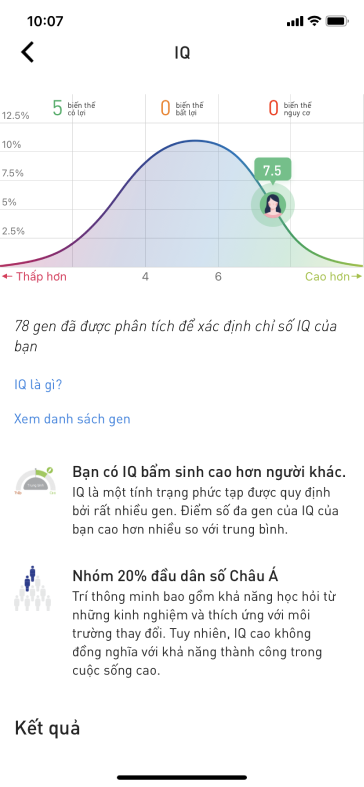Isolated growth hormone deficiency

Isolated growth hormone deficiency is a condition caused by a severe shortage or absence of growth hormone. Growth hormone is a protein that is necessary for the normal growth of the body's bones and tissues. Because they do not have enough of this hormone, people with isolated growth hormone deficiency commonly experience a failure to grow at the expected rate and have unusually short stature. This condition is usually apparent by early childhood. There are four types of isolated growth hormone deficiency differentiated by the severity of the condition, the gene involved, and the inheritance pattern.
Isolated growth hormone deficiency type IA is caused by an absence of growth hormone and is the most severe of all the types. People with isolated growth hormone deficiency type IB produce very low levels of growth hormone. As a result, type IB is characterized by short stature, but this growth failure is typically not as severe as in type IA.
Individuals with isolated growth hormone deficiency type II have very low levels of growth hormone and short stature that varies in severity. It is estimated that nearly half of the individuals with type II have underdevelopment of the pituitary gland. Isolated growth hormone deficiency type III is similar to type II in that affected individuals have very low levels of growth hormone and short stature that varies in severity. People with type III may also have a weakened immune system and are prone to frequent infections.
Isolated growth hormone deficiency is caused by mutations in one of at least three genes. Isolated growth hormone deficiency types IA and II are caused by mutations in the GH1 gene. Type IB is caused by mutations in either the GH1 or GHRHR gene. Type III is caused by mutations in the BTK gene.
The GH1 gene provides instructions for making the growth hormone protein. Mutations in the GH1 gene prevent or impair the production of growth hormone. Without sufficient growth hormone, the body fails to grow at its normal rate, resulting in slow growth and short stature as seen in isolated growth hormone deficiency types IA, IB, and II.
The GHRHR gene provides instructions for making a protein called the growth hormone releasing hormone receptor. Mutations in the GHRHR gene impair the production or release of growth hormone. The resulting shortage of growth hormone prevents the body from growing at the expected rate. Decreased growth hormone activity due to GHRHR gene mutations is responsible for many cases of isolated growth hormone deficiency type IB.
The BTK gene provides instructions for making a protein called Bruton tyrosine kinase (BTK), which is essential for the development and maturation of immune system cells called B cells. It is unknown how mutations in the BTK gene contribute to short stature in people with isolated growth hormone deficiency type III.
Some people with isolated growth hormone deficiency do not have mutations in the GH1, GHRHR, or BTK genes. In these individuals, the cause of the condition is unknown. When this condition does not have an identified genetic cause, it is known as idiopathic isolated growth hormone deficiency.
Reference: https://ghr.nlm.nih.gov/condition/isolated-growth-hormone-deficiency#genes
























